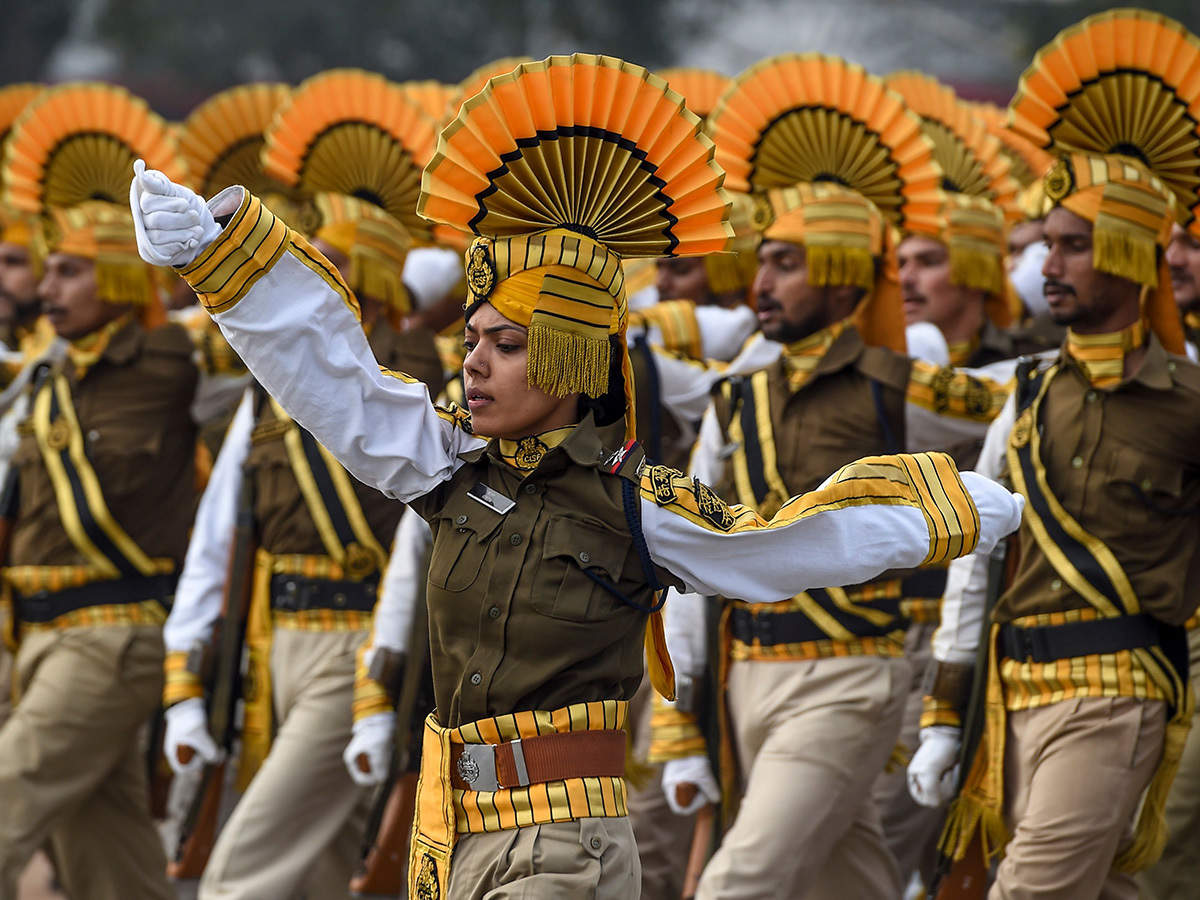The issue of playing the National Anthem at official functions has become a topic of discussion following the recent incident in the Tamil Nadu Legislative Assembly. The Tamil Nadu Governor, R.N. Ravi, left the Assembly without delivering his customary address after the National Anthem was not played before his scheduled address. This controversy has raised questions regarding the respect for the Constitution and the National Anthem.
The Tamil Nadu Raj Bhavan’s Allegation
On January 6, 2025, the Raj Bhavan expressed concern, alleging that both the Constitution of Bharat and the National Anthem were insulted in the Tamil Nadu Assembly. The Governor, in his statement, emphasized that respecting the National Anthem is one of the fundamental duties enshrined in the Constitution. He also stated that the National Anthem is traditionally sung at the beginning and end of the Governor’s address in all State legislatures. The Governor, deeply anguished, left the House due to what he deemed a grave disrespect to the National Anthem and the Constitution.
Defense of the Tamil Nadu Government
The Tamil Nadu government, however, has defended the practice, citing a convention established in 1991. According to this convention, the State anthem, Tamil Thai Vazhthu, is sung at the beginning of the Governor’s address, while the National Anthem is played at the conclusion of the address. This practice was introduced during the tenure of the AIADMK government led by Jayalalithaa, and was followed by then-Governor Bhishma Narain Singh.
National Anthem Practices in Other States
National anthem protocols vary across states. For instance, Nagaland did not play the National Anthem for several decades but began doing so in February 2021 when R.N. Ravi was the Governor there. Similarly, the National Anthem was first played in Tripura Assembly in March 2018. These differences highlight that each state follows its own convention regarding the National Anthem.
Also Read: Two HMPV Cases Reported in Nagpur, India’s Tally Rises to 7
National Anthem Practices in Parliament
In Parliament, the National Anthem is played when the President arrives to address the nation. Upon arrival, a band plays the anthem, and the members and visitors stand in respect. After the President’s address, the anthem is played again as the President leaves the Central Hall, with all members rising to their feet in respect.
Constitutional Provisions and National Anthem
Article 51(A)(a) of the Indian Constitution outlines the fundamental duties of every citizen, which include respecting the Constitution, the national flag, and the National Anthem. This provision serves as the basis for ensuring respect for the National Anthem at official functions.
Guidelines Issued by the Ministry of Home Affairs
The Ministry of Home Affairs has outlined specific occasions on which the full version of the National Anthem should be played. These include civil and military investitures, national salutes, parades, the arrival and departure of dignitaries like the President and Governor, and official events like the hoisting of colors in the Navy.
Mass Singing of the National Anthem
The full version of the anthem must be played accompanied by mass singing on occasions like the unfurling of the national flag and the departure of dignitaries from formal functions.
Legal Consequences of Not Playing the National Anthem
A legal case arose in 2019 when a woman filed a petition in the Madras High Court after the National Anthem was not played at a function attended by the Prime Minister, Tamil Nadu Governor, and Chief Minister. The court, however, dismissed the petition, stating that there was no legal mandate for the National Anthem to be sung at every function, and only a customary practice existed in such cases.
The controversy surrounding the playing of the National Anthem in Tamil Nadu raises important questions about the importance of national symbols and the conventions followed in different states. While the National Anthem is a symbol of national unity, its implementation at official functions continues to vary across the country, and any changes or discrepancies often lead to legal and constitutional debates.
Also Read: Understanding Rabbit Fever: A Growing Health Concern











